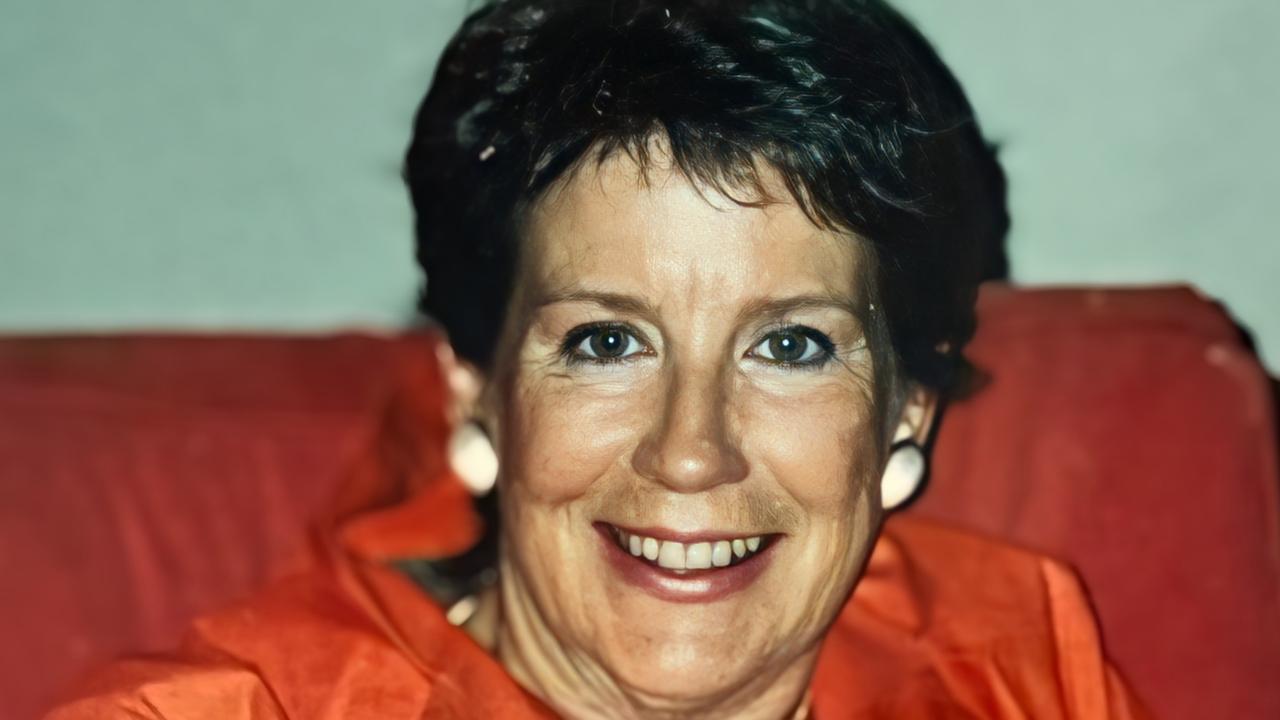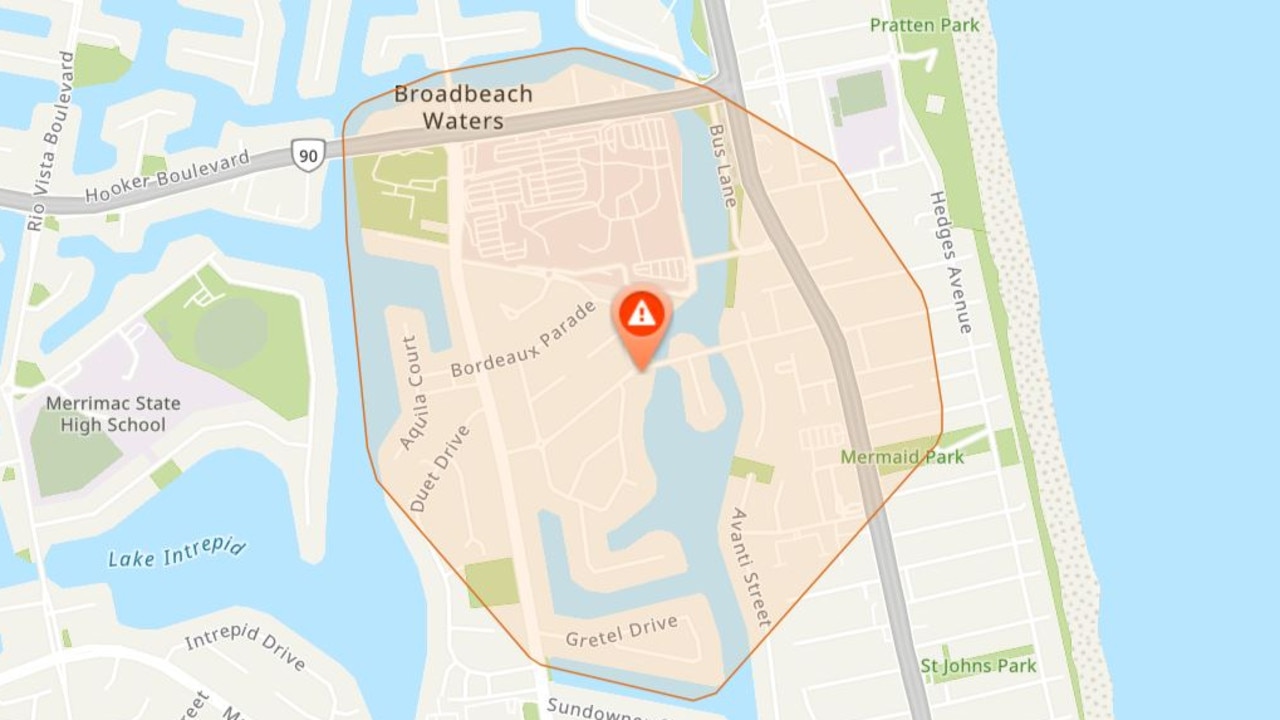Gold Coast community groups hit out over rejection of City Plan amendments
Community groups have hit out over the rejection of City Plan amendments, but Deputy Premier Steven Miles says there were real concerns that forced his hand. HAVE YOUR SAY - VOTE IN OUR POLL

Gold Coast
Don't miss out on the headlines from Gold Coast. Followed categories will be added to My News.
Community groups have accused Deputy Premier and Planning Minister Steven Miles of being “unduly influenced” by “sabre rattling” from the development industry in his decision to reject a swath of City Plan amendments.
But Mr Miles, who is required to ensure additional housing is allowed for to cater for the city’s growing population, told the Bulletin he had acted on advice from his department and there were concerns the amendments would in fact reduce housing supply.
“You can’t increase housing supply with a plan that will decrease housing supply,” he said.
Mr Miles last month approved 20 amendments to the Gold Coast City Plan, paving the way for more than 700 new homes to be built in the city’s north. However he rejected 13 further amendments which included rules governing setbacks, site coverage and heights in many suburbs.
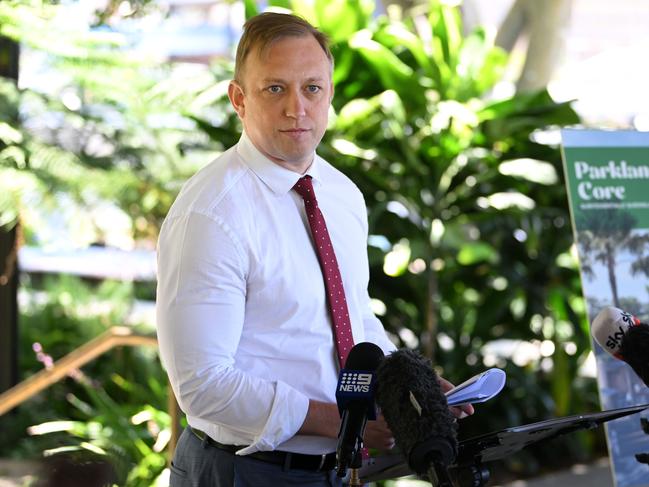
The Community Alliance President, John Hicks, said Mr Miles should publicly release advice he had received regarding the amendments before he made his decision.
“We think it’s undue influence being imposed through the agency of lobbyists on the minister to make a decision tilted way in favour of the development community and against the interests of the wider community,” Mr Hicks said.
“It’s a huge slap in the face to the community and the council.
“Given the huge consequences of the Deputy Premier’s decision we call on him to make public the briefing note he used when making it.”
In his decision on October 17, Mr Miles wrote he was not satisfied contested amendments “integrate the State interests in housing supply and diversity sought under the Planning Act”.
Mr Miles also wrote that a provision in an amendment regarding targeted growth areas in Biggera Waters, Labrador, Southport and Runaway Bay that triggered public consultation when site cover restrictions are exceeded “has the potential to restrict the delivery and supply of housing, including affordable housing, by providing regulatory barriers”.
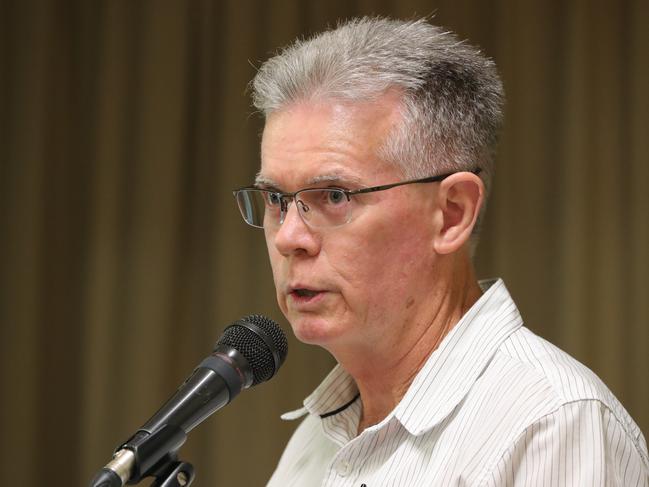
However Mr Hicks questioned Mr Miles’s arguments, saying they “did not stand up to detailed scrutiny.”
“The council itself engaged independent expert advice to do some scenario modelling. I understand the information that they’ve provided to the minister demonstrated that the world would not end,” Mr Hicks said.
“Developers could still make a profit. It’s a lot of sabre rattling by the development industry that’s very thin on evidence.”
Main Beach Association President Sue Donovan expressed similar concerns, writing in a letter to the Minister that the community was “devastated” by the refusal, which she said “sent a very clear signal that claims by the development industry... will always override the community good.”
“In terms of beachside suburbs such as Main Beach, your claims about addressing the shortage of housing and housing affordability are laughable,” Ms Donovan wrote.
“Under the current City Plan, these suburbs are being inundated by bulky high-rise buildings on tiny sites. These developments are promoted in lavish advertisements as providing luxury, one per floor apartments, priced at $3 million upwards.
“Do you or your planning officers seriously believe that these developments are adding anything to affordable housing supply and diversity?”
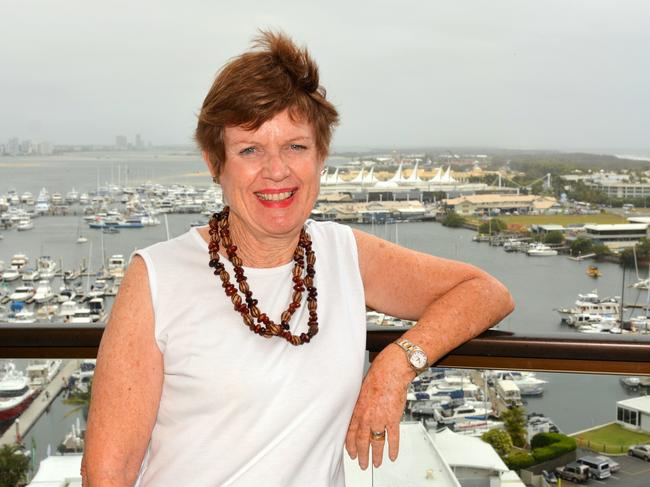
Mr Hicks said in a meeting between community groups and state planners last week they were told it was “back to the drawing board” for the rejected amendments, meaning another “lengthy process” to devise new proposals was likely.
“That was the bombshell,” Mr Hicks said. “There’s no quick fix here for those refused bits.”
Mr Hicks said community groups instead wanted to see council and the state work to rescue the existing plan.
“What has happened here is just wrong,” Mr Hicks said.
“Responsibility rests with the state and local leaders who have overseen this mess to now urgently salvage it.”
Mr Miles told the Bulletin he also wanted to see a resolution and had instructed state planners to work “more closely” with their council counterparts to “rework” the contested amendments.
“I approved the majority of the changes Gold Coast City Council put forward based on advice from my department,” Mr Miles said.
“There were concerns around some amendments that they would reduce the availability of housing supply on the Gold Coast.
“You can’t increase housing supply with a plan that will decrease housing supply.
“That’s why I asked the state planners to work more closely with the Gold Coast City Council to rework those amendments.
“It’s up to council to decide whether to adopt the approved parts of the proposed amendment into the planning scheme.”
More Coverage
Originally published as Gold Coast community groups hit out over rejection of City Plan amendments




